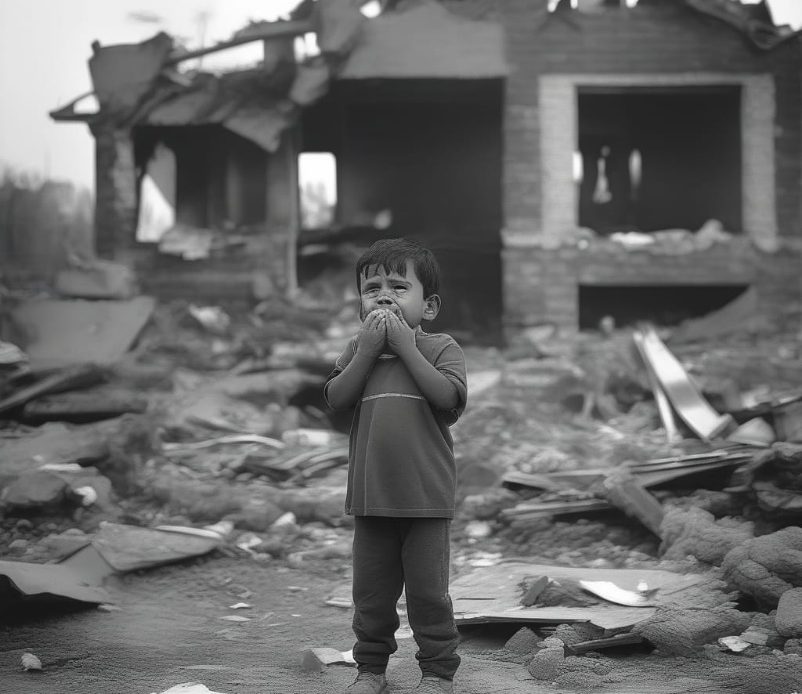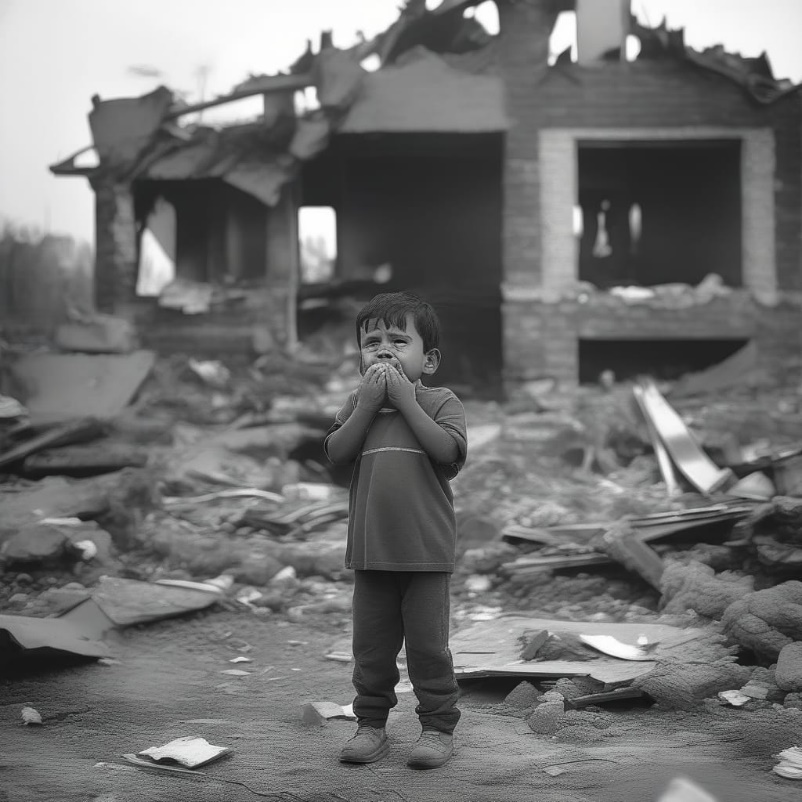
Written by: Ariba Faisal, Fatima Zehra, M. Ishaq, Laiba Khadim, Mahnoor Shaikh, Minahil Riazuddin, Mubashira Zafar, Simra Khan
Supervised by: Uzma Anis at Jinnah University for Women, Karachi, Pakistan
“A right delayed is a right denied”
Human rights, a fundamental pillar of international relations, embody universal principles of equality and justice. In an increasingly interconnected world, the importance of human rights in shaping global diplomacy and governance cannot be overstated. It provides a common language and framework for nations to adhere to, transcending cultural and political boundaries and fostering cooperation among states. Human rights are intrinsically linked to foreign policy and diplomacy. Nations engage in diplomatic efforts to address human rights violations in other countries, influencing the dynamics of international relations. Agreements become avenues to promote human rights and resolve disputes. Furthermore, respect for human rights is integral to a nation’s reputation on the global stage. Countries that uphold human rights values are often more successful in forming alliances and gaining international support. Conversely, those who disregard human rights may face condemnation and sanctions, impacting their international relations.
Historical Evolution of Human Rights: Key Milestones and Principles.
Historical analysis of human rights makes it clear that Cyrus the Great first introduced the concept of Human Rights after the conquest of Babylon in 539 BC. He emancipated all slaves and declared religious freedom for all individuals, with these statements being recorded on the Cyrus Cylinder – a clay tablet that is considered to be the earliest human rights declaration. The concept soon spread from Persia to other parts of the world such as India, Greece, and Rome. The concept of human rights has evolved over the centuries, with significant developments along the way.
1215: The Magna Carta was signed in England, limiting the power of the monarchy and establishing certain privileges for nobles.
1776: The ‘United States Declaration of Independence’ is signed, stating that all people are created equal and have certain human rights, including the right to live freely without fear.
1789: The ‘French Declaration of the Rights of Man and Citizenship’ is adopted, recognizing the inalienable inherent rights of all human beings, including the right to liberty, property, security, and oppression they oppose including emphasis
1948: The United Nations General Assembly adopted the ‘Universal Declaration of Human Rights’, protecting the fundamental rights of all human beings and proclaiming.
Since the adoption of the Universal Declaration of Human Rights, important human rights treaties and conventions have been adopted to detail the specific rights protected under international law They also set procedures and various means to monitor and enforce compliance.
Any assertion that norm cascades are successfully taking place must take into account two aspects of human rights protection in state practice: the first is the internalization of norms pertaining to human rights, in which the rights of citizens are ingrained in domestic legal and social practices; the second is the externalization of these norms, which can be interpreted as a commitment to international human rights regimes and an acknowledgment of a duty to protect human rights where violation.
The development of a comprehensive corpus of human rights law—a globally recognized and universally enforceable set of rules that all people may aspire to and all states can subscribe to—is one of the UN’s greatest accomplishments. A wide spectrum of globally recognized rights, such as civil, cultural, economic, political, and social rights, have been established by the UN. Additionally, it has put in place systems to support and defend these rights and help nations fulfill their obligations. Globally, the United Nations and its institutions are essential to the advancement and oversight of human rights.
PALESTINE (2022-Ongoing)

The humanitarian crisis in Gaza is worsening due to the protracted Israeli military occupation and blockade. Hospitals are struggling, and the health system is on the verge of collapse. Recent military offensives have led to civilian casualties, and both Israeli and Palestinian armed groups are accused of apparent war crimes. The situation calls for urgent international attention and action to address the humanitarian needs and protect human rights.
Gaza faces a dire humanitarian crisis marked by a collapsing health system. Hospitals, strained beyond capacity, are turning into shelters for displaced people, leading to the rapid spread of diseases due to water and hygiene shortages. The recent Israeli military offensive and Palestinian armed group actions have resulted in civilian casualties, with both sides accused of apparent war crimes.
Facts you should be aware of about Gaza’s humanitarian crisis:
- 5,800+ were killed, including 2,300 children in massive destruction.
- Homes, schools, and hospitals are being targeted specifically.
- Shortages of fuel, food, and water.
- Rising disease risk.
- Fear and panic among civilians.
- 4 million without homes.
Human Rights Concerns in the Ongoing Israel-Palestine Conflict:
The Israel-Palestine conflict has given rise to a range of human rights issues that have drawn international attention and concern. Some of the key human rights issues related to Palestine include:
Right to Life: The ongoing violence in the region has resulted in a significant loss of life. Civilians, including children, have been victims of conflict-related violence, and there are concerns about excessive use of force by various parties.
Freedom of Movement: Palestinians, particularly those in the West Bank and Gaza Strip, face severe restrictions on their freedom of movement. Checkpoints, barriers, and the blockade of Gaza limit access to education, healthcare, and economic opportunities.
Right to Self-Determination: The Palestinian people have a legitimate aspiration for self-determination and an independent state. This right is central to the conflict, as Palestinians seek to establish their own sovereign entity alongside Israel.
Access to Basic Services: The ongoing conflict disrupts access to essential services, including clean water, healthcare, and education, particularly in areas affected by violence and displacement.
Housing and Land Rights: The construction of Israeli settlements in the West Bank has led to the displacement of Palestinian communities and raises concerns about land rights and property rights.
Detention and Prisoner Rights: Palestinians, including minors, have been detained in Israeli prisons, and there have been concerns about the treatment and conditions of Palestinian prisoners.
Freedom of Expression and Association: Freedom of expression and association can be limited in the Palestinian territories, with criticism of authorities sometimes leading to arrests and censorship.
Economic and Social Rights: Economic disparities persist, and socioeconomic rights, such as the right to an adequate standard of living, can be compromised due to the ongoing conflict.
Children’s Rights: Palestinian children often face unique challenges, including exposure to violence and trauma, limited access to education, and detention.
These human rights issues have been raised and documented by various international organizations, including the United Nations and non-governmental organizations like Amnesty International and Human Rights Watch. Addressing these concerns is essential for achieving a just and lasting resolution to the Israel-Palestine conflict and for protecting the rights and dignity of those living in the region.
In conclusion, human rights are central to international relations, acting as a moral compass, a diplomatic tool, and a criterion for reputation. The global commitment to human rights continues to shape the conduct of nations in an interconnected world, striving for a more equitable and just global community.


